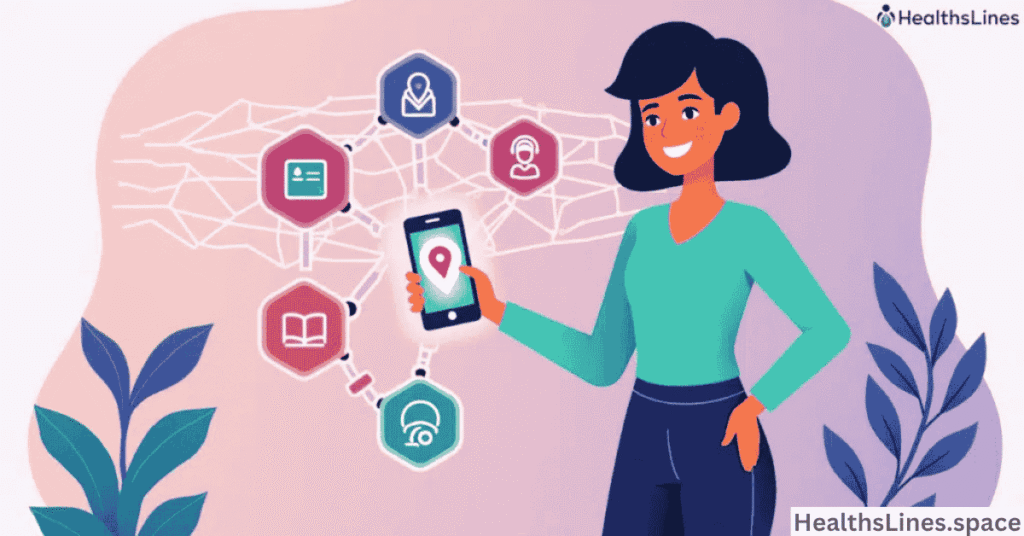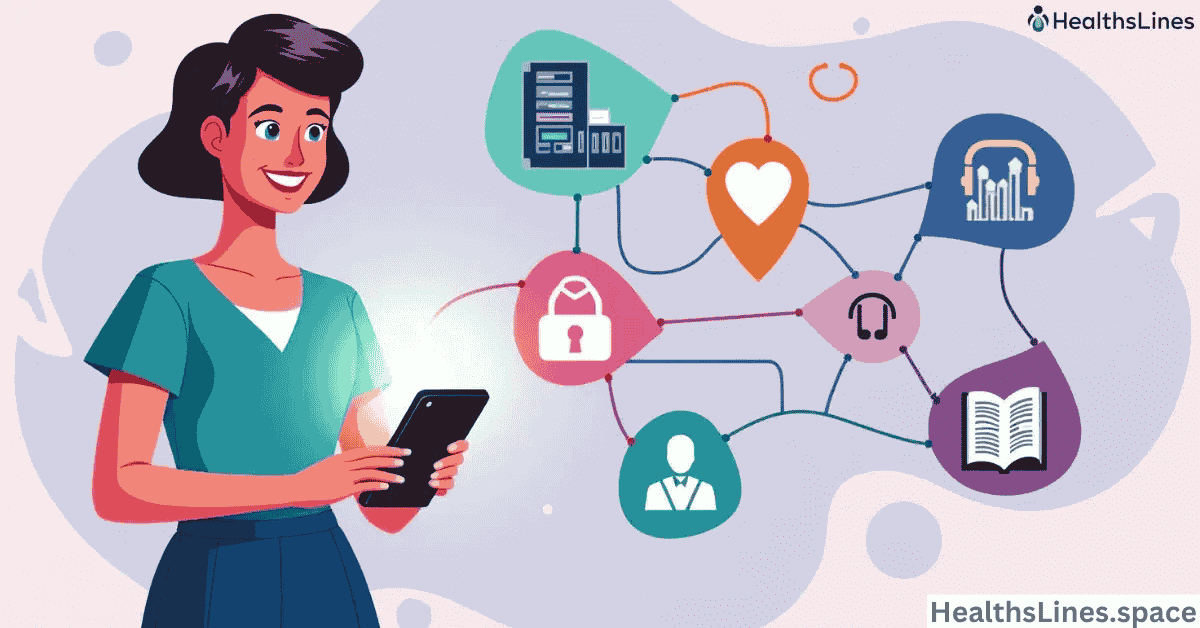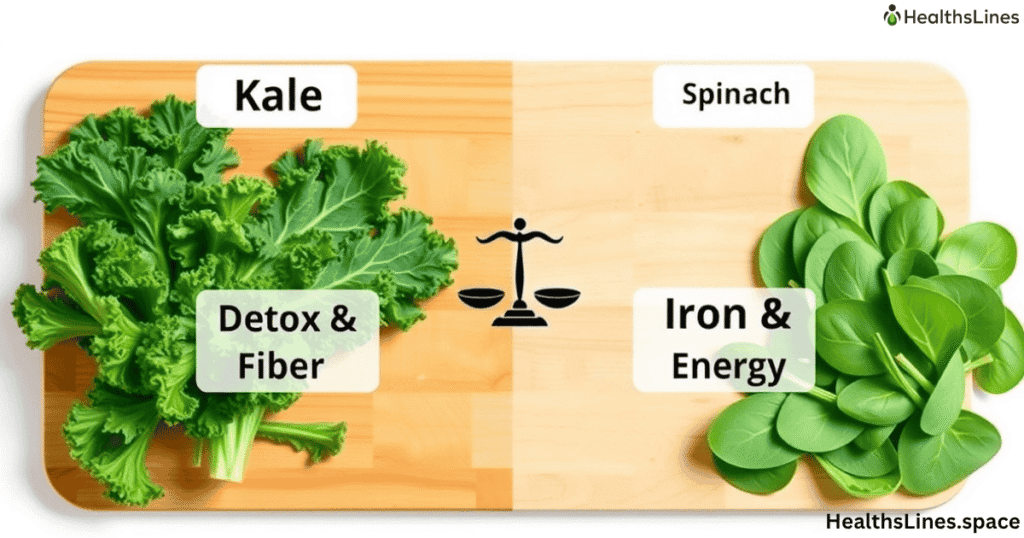Getting diagnosed with breast cancer is life-changing. Whether it’s early stage or metastatic breast cancer, the news can bring fear, confusion, and sadness. What you need most during this time is strong, reliable breast cancer support. It’s not just about medical care. It’s also about emotional support during cancer, financial help, and knowing you’re not alone.
Finding the right kind of support for cancer patients can make your journey easier. Many women—especially those with stage 4 breast cancer—struggle to find the help they need. That’s why we’ve put together five proven ways to find real and effective breast cancer help. Each method is simple to start, yet powerful in its impact.
Start With Hospital and Oncology Navigation Programs
When you get diagnosed with breast cancer, the first place to turn for support is often the hospital or cancer center where you receive your treatment. Many hospitals now have special staff called patient navigators and oncology social workers whose job is to help you through the complex cancer care system. These professionals are trained to guide you from diagnosis to treatment and beyond, making sure you understand each step and don’t feel lost or overwhelmed.
A patient navigator works closely with your medical team to explain your treatment options clearly. They can answer your questions about surgeries, chemotherapy, radiation, and new medicines. Navigators also help you schedule appointments and coordinate care between different doctors. This support can reduce stress and let you focus more on healing. Meanwhile, an oncology social worker provides emotional and practical support. They listen to your concerns and connect you with services like counseling, transportation to appointments, and even help with everyday needs like finding food programs or temporary housing.
Hospitals often collaborate with national and local breast cancer nonprofits to offer extra resources. This may include referrals to cancer support groups, financial help programs, or legal advice for cancer patients facing work or insurance problems. Many of these services are free or low-cost. If you’re wondering about paying for treatment, a cancer financial navigator can help you apply for co-pay assistance programs or government benefits like Medicaid. Some hospitals also offer programs specifically for women with metastatic breast cancer or those dealing with the emotional toll of advanced disease.
Starting your breast cancer journey by connecting with these hospital-based programs gives you a strong foundation. You get clear information, practical help, and emotional support all in one place. It’s a good first step toward building a personalized network of care that fits your needs.
Table: What a Patient Navigator or Social Worker Can Help With
| Service | What It Includes |
| Treatment Understanding | Explains medical terms and test results |
| Emotional Support | Offers counseling and referrals for therapy for cancer patients |
| Transportation Help | Finds services for rides to treatment or follow-ups |
| Financial Guidance | Helps you apply for co-pay assistance programs |
| Community Resources | Connects you to breast cancer nonprofits and free services |
Many hospitals partner with groups like Cancer Support Community or Triage Cancer to provide these services. You can ask your doctor or front desk if there’s a cancer financial navigator or support coordinator available. These programs are often free and can make a big difference from day one.
Join a Cancer Support Community That Fits Your Style

Finding the right breast cancer support community can make a huge difference in your journey. Not everyone feels comfortable sharing their feelings in a group, and that’s okay. The key is to find a type of support that suits your personality and needs. Whether you prefer in-person connections or online groups, there’s a community waiting for you.
Traditional cancer support groups often meet at hospitals, community centers, or nonprofit organizations. These groups bring together people facing similar challenges, like stage 4 breast cancer support or newly diagnosed patients. Listening to others’ stories and sharing your own can create a sense of belonging. For many, this emotional connection eases feelings of isolation. Sometimes, groups focus on specific issues such as mental health and breast cancer, caregiving support, or younger women dealing with cancer. You can ask your oncology social worker or patient navigator for recommendations about local groups.
If you prefer a more flexible option, online support groups for breast cancer have grown in popularity. These virtual communities let you connect anytime, anywhere, from your phone or computer. Online forums, social media groups, and video meetups can offer a safe space to talk openly without the pressure of face-to-face meetings. Some platforms even provide breast cancer peer mentoring, pairing you with someone who has gone through similar experiences. This one-on-one support can be very comforting when you need advice or just someone to listen.
Whatever you choose, joining a support community offers more than just friendship. It provides access to shared knowledge, emotional support during cancer, and practical tips on treatment and recovery. Finding your perfect fit helps you feel understood and stronger as you face breast cancer.
Use One-on-One Peer Mentoring or Survivor Match Programs
Sometimes, what you really need is one person who just “gets it.” That’s where breast cancer peer mentoring comes in. These programs match you with someone who has been through a similar diagnosis. These mentors aren’t doctors—they’re survivors who’ve walked the path you’re on now. They listen, offer tips, and help ease fears about what’s next.
Groups like SHARE Cancer Support and Imerman Angels offer trusted cancer peer mentor programs. When you sign up, they try to match you with someone who shares your age, type of cancer, or life stage. If you’re a mom, they’ll find another mom. If you have metastatic breast cancer, they’ll match you with a mentor who’s lived with it for years. That kind of connection can bring real peace of mind.
These mentors can help you prepare for your first chemo session, explain how to manage fatigue, or talk about fears you’re too afraid to tell anyone else. They can also guide you toward local cancer survivorship programs, which offer long-term support after treatment. Having a one-on-one connection like this often leads to deep, lasting friendships and a sense of calm when everything else feels chaotic.
Access Financial Navigation for Treatment and Daily Needs
Money is one of the biggest stress points for people with cancer. Whether it’s paying for treatment, missing work, or dealing with daily costs like food or childcare, the bills can pile up fast. Thankfully, there’s real financial help for breast cancer. But many don’t know where to look. This is where a cancer financial navigator becomes essential.
Many hospitals and breast cancer nonprofits now offer trained staff who help you find help paying for cancer treatment. They assist with paperwork, explain what your insurance covers, and guide you through applying for grants. They also connect you with programs that cover medications, transportation, and food.
- CancerCare Co-Payment Assistance Foundation – for out-of-pocket medication costs
- Susan G. Komen Treatment Assistance Program – offers limited financial help
- Triage Cancer – offers webinars and free legal guides
- Partnership for Prescription Assistance – helps find cancer drug assistance
Table: Common Sources of Financial Help for Breast Cancer
| Resource | What It Offers |
| Local Hospital Billing Dept. | Payment plans and charity care |
| Nonprofits like CancerCare | Funds for meds, transport, and living costs |
| Government Programs | Medicaid, disability benefits, and housing help |
| Drug Manufacturer Programs | Free or low-cost prescriptions for eligible patients |
Don’t be afraid to ask for help. Financial stress affects your health too. Getting the support you need allows you to focus more on healing and less on bills.
Don’t Overlook Mental Health Counseling Tailored to Cancer

Living with breast cancer—especially metastatic breast cancer—can be emotionally draining. You might feel anxious, depressed, or angry. Some days you may feel numb. That’s why mental health and breast cancer go hand-in-hand. Getting professional therapy for cancer patients helps you manage the mental side of this disease.
Breast cancer counseling isn’t just talk therapy. It includes tools to help with fear of recurrence, managing relationships, and coping with treatment trauma. Many therapists specialize in cancer treatment mental health, and they understand exactly what you’re going through. Some hospitals even offer free sessions with licensed social workers or psychologists.
If in-person therapy isn’t an option, virtual cancer counseling is available. Platforms like BetterHelp or Talkspace have licensed professionals who work with cancer patients. They offer sessions by video, phone, or text—whatever feels comfortable for you. Some insurance plans cover these sessions or offer reimbursements.
Therapy can also include mindfulness, meditation, and guided imagery sessions. These techniques can reduce stress, improve sleep, and even lessen pain. It’s not about being “strong” all the time—it’s about being supported, understood, and emotionally cared for.
Final Thought
No one should face cancer alone. Whether you’re newly diagnosed or living with stage 4 breast cancer, you deserve support that’s real, trusted, and easy to access. This support should be built around what you need, not just what’s offered. That means finding a breast cancer support system that includes emotional help, financial guidance, peer mentoring, and therapy.
You don’t have to do everything at once. Start with what feels most urgent—maybe it’s talking to a patient navigator, joining a cancer support group, or simply talking to someone who understands. As you move through your journey, your needs will change—and that’s okay. The important thing is knowing that help is out there and reaching for it.Your story matters. Your well-being matters. And there are people, programs, and entire communities ready to lift you up.












